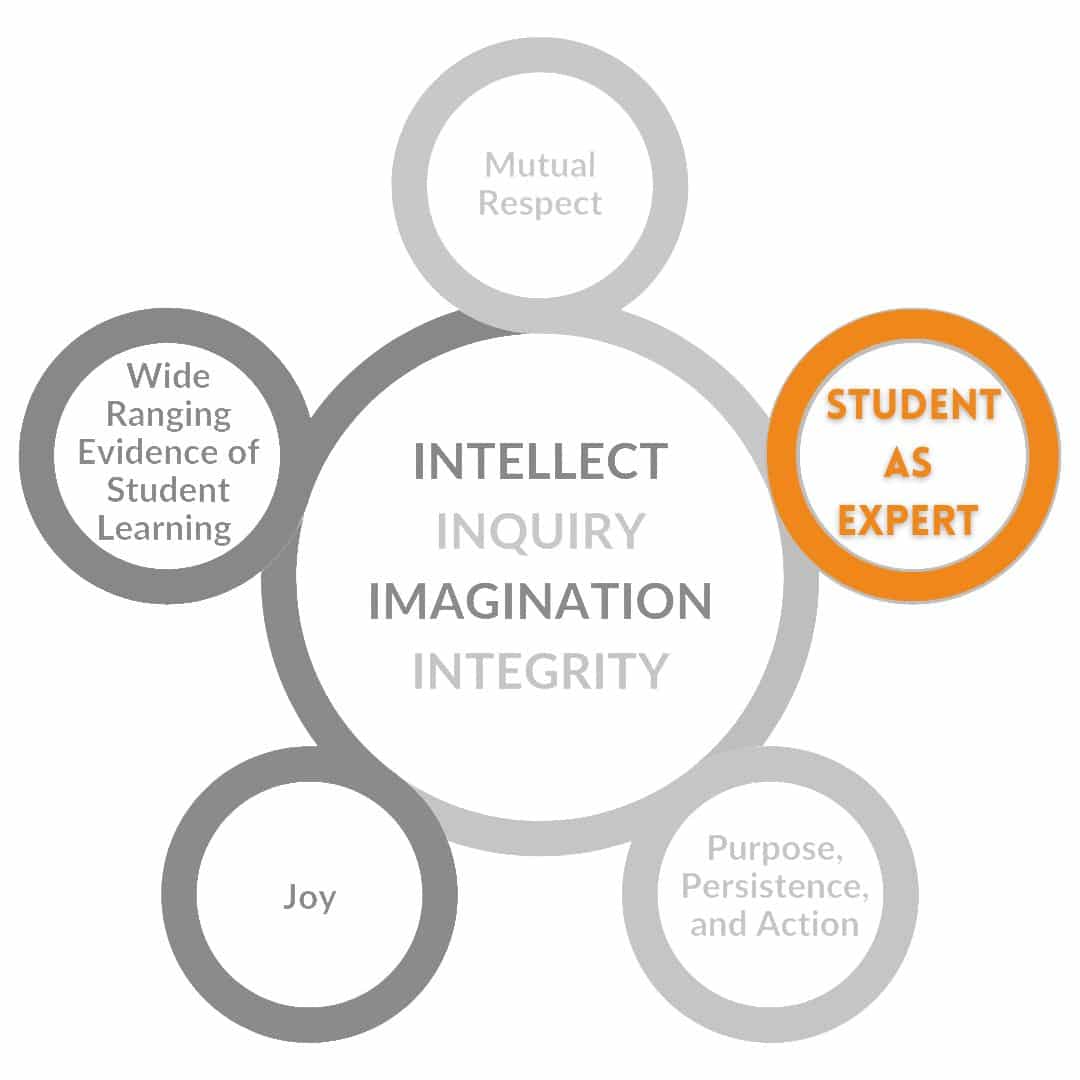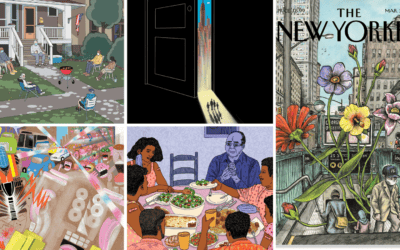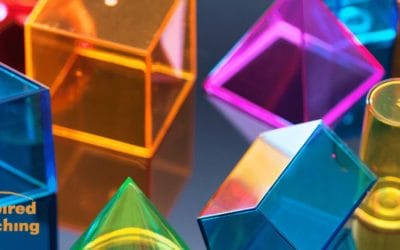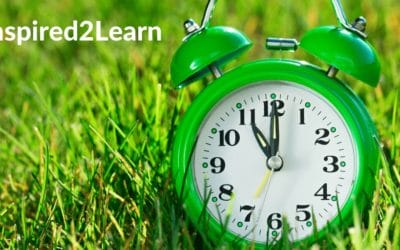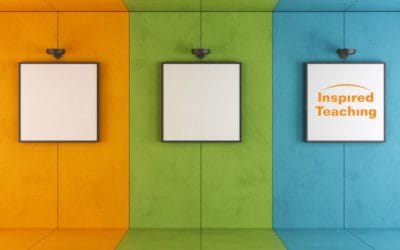The 5 Core Elements: Student as Expert
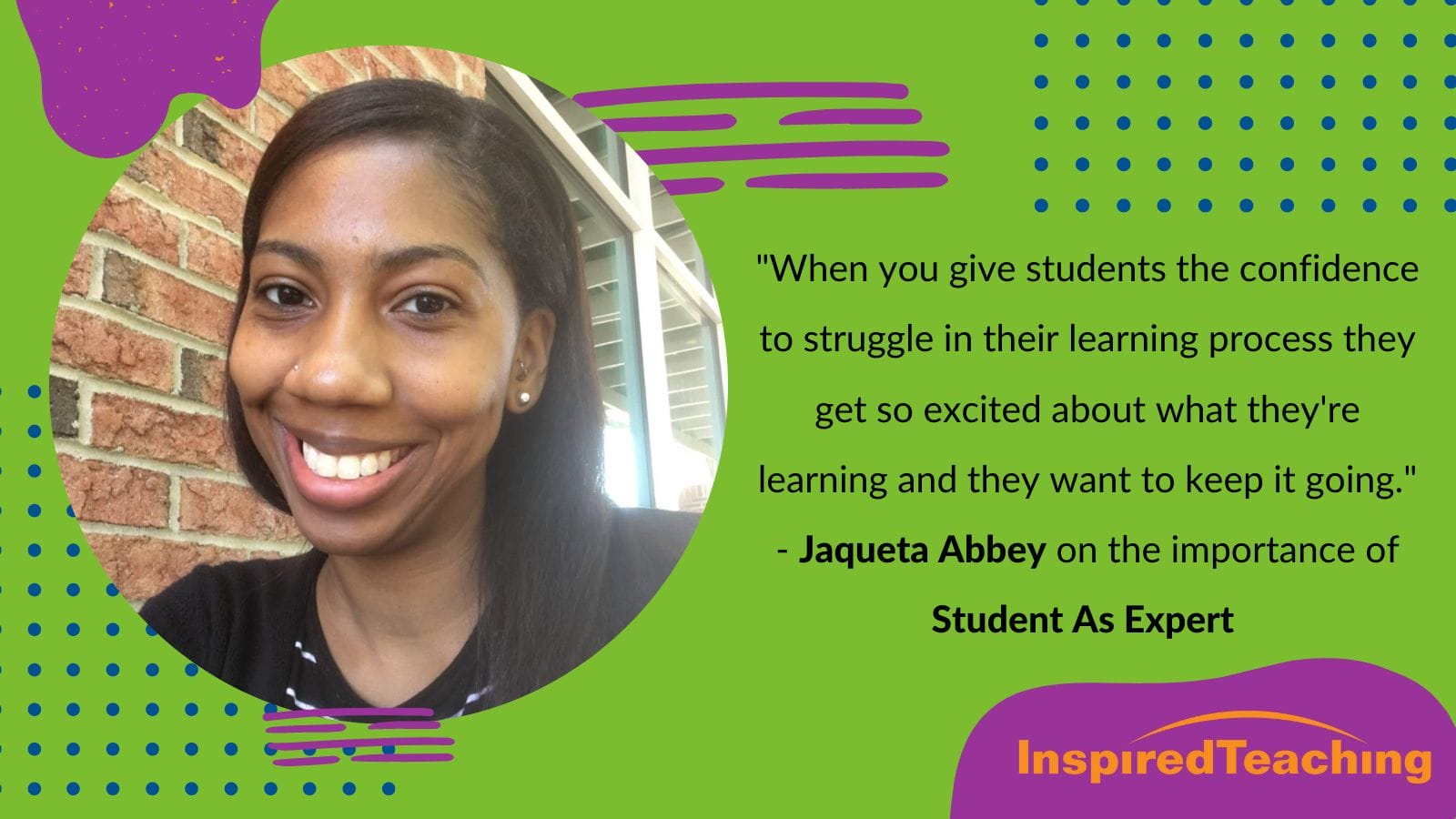
Adults trust that students have the ability, and the inclination, to solve academic and social problems, instead of assuming students need adults to solve problems for them. It means student voice and ideas are abundant in every lesson, in every interaction. As a result, the Wonder-Experiment-Learn Cycle becomes a habit of mind and a strategy for problem-solving in academic and non-academic settings.
Putting students in the role of expert, or emerging expert can be as simple as saying, ‘How did you make the first bunny ear? Can you figure out how to make the second one?’ instead of, ‘Let me take care of that for you,’ when a young child asks for help tying his shoe. Another simple example: responding when a second grader asks how much longer until lunch with, ‘Take a look at the clock and see if you can figure it out,’ instead of, ‘30 minutes.’
Putting students in the role of expert can be as complex as insisting the student take the lead in figuring out how to add two-thirds and three-fourths, instead of telling him how to solve the math problem, or recalibrating the plan for an entire lesson to embrace the interests and questions of a student.
Read More
Resources and Activities
Seeing with Different Eyes
Using basic observation and listening skills, this activity can serve as a catalyst for building community in the classroom and deepening understanding of how each of your students thinks.
Creating with Materials
One of the best ways to keep students engaged (especially on rainy days) is to have them create, with whatever materials you might have on hand.
25 Math Explorations
Giving the brain something to puzzle through is good mental exercise anytime, especially now when our learners’ brains might be beginning to miss the daily stimulation of a face-to-face classroom.
Do Just One Thing – The Power of Presence
The following activity is part of a series we’re creating to support students, teachers, and caregivers, during this unprecedented time. Read more about the project here. If you try this activity with your student(s), we’d love to see what you do. Share your journey...
10 Ways to Make a Walk around the Block a Learning Experience
Even if your local park is off limits, a walk down the street can be good for the intellect and imagination. This activity offers ways to turn that walk into a learning experience.
What would you see in a museum of Me?
This activity is designed to fuel conversation and creative thought about what objects represent, how we elevate them to the level of treasured artifacts, and what particular items best represent our own particular persona.
